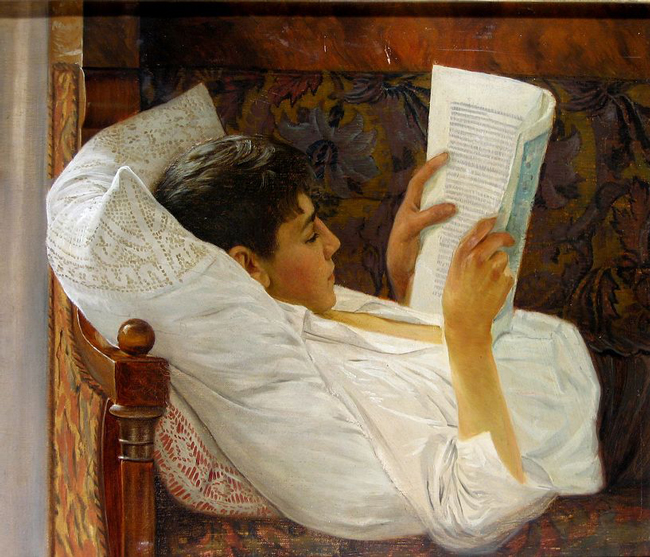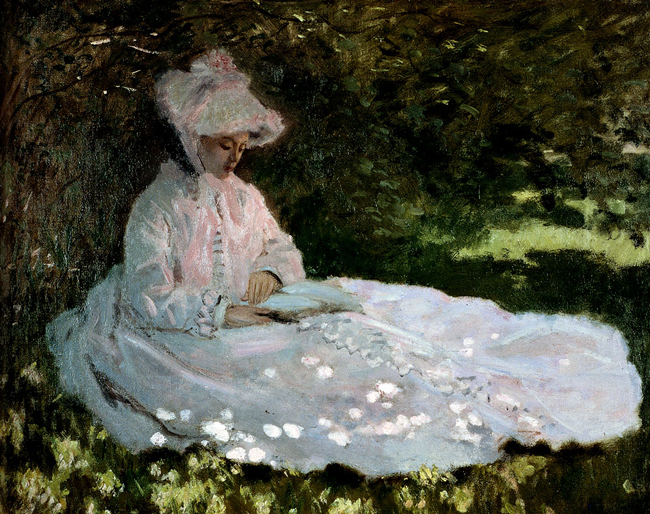
We received some solid entries for the Reporter’s first-ever summer reading list. While the list isn’t as extensive as our annual winter holiday version, it does include some excellent offerings. Whether you’re heading off to exotic climes or just planning to spend some quality hammock time in the backyard, we hope you have a wonderful, relaxing summer!
For our annual winter holiday list we usually give a shout out (and a lifetime subscription to the McGill Reporter) to the person who sends in the first submission. This time around Victor Chisholm raised the bar by being the person who gave us the idea to try a summer list.
“I have two items on my summer reading list,” writes Chisholm, Undergraduate Research Officer in the Faculty of Science. “For a few months, I’ve been pecking away at Hannah Arendt’s The Origins of Totalitarianism. It is giving me a different way to understand the past and the present – but hopefully not our future. For something lighter, I plan to go to the McGill Library and take out a copy of Michel Tremblay’s La grosse femme d’à côté est enceinte. How can you resist a title like that? I read another volume from Tremblay’s Chroniques du Plateau Mont-Royal a few years ago, and so enjoyed reading about the very neighbourhood I live in.”
****
Local literary fare is also on Claude Lalande’s menu. “This summer, I’ve discovered local author Denis-Martin Chabot, former journalist at Radio-Canada, who wrote a two-part novel series Rue Sainte-Catherine Est. The first instalment, Métro Beaudry, follows a number of LGBT characters and their families through the 1980’s, as they live or die in the devastating HIV/AIDS crisis,” writes the Assistant Director, Animal Compliance Office. “The second instalment, Il y a longtemps que je t’aime, je ne t’oublierai jamais, follows surviving characters through the 2000’s, starting with the life-changing events of 9/11, 2001, leading to military action in Afghanistan, and covering the ‘before and after legalization’ of same-sex marriage. Both deep and entertaining, with grave, light, emotional and funny moments, it makes for a great read – in French – about Montreal’s LGBT community.
“I look forward to reading more of his oeuvre, including an upcoming biography of Dave Courage, who survived being shot at the Metropolis, the evening of the election of Pauline Marois as Quebec Premier,” writes Lalande.
****
McGill’s Director of Internal Communication, Doug Sweet, is still trying to get caught up with the summer reading he tackled last year. “I’d like to finish Joseph Boyden’s The Orenda, which I started and then put down when something else came along. Also on the list this summer, Annie Proulx’s Barkskins, another doorstop of a historical novel, and John Le Carré’s autobiography, The Pigeon Tunnel, which I’m eager to compare with the much larger biography on him I read a year ago. It’s a title he tried to attach to a number of his novels; he’s finally got it into print.”
****
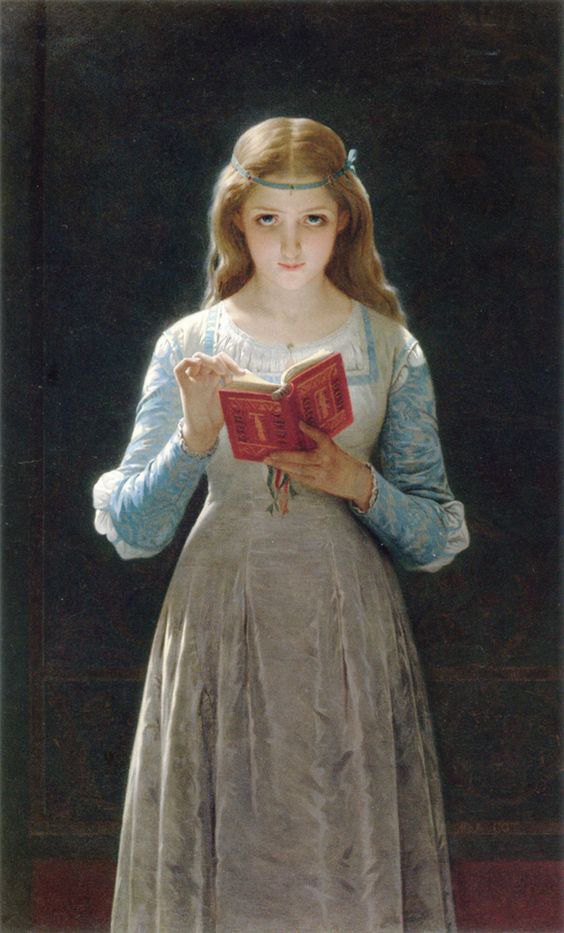
Like any library staffer worth their salt, Melissa Como makes sure to include the call numbers of her summer selections.
“David Lynch: Interviews, edited by Richard A. Barney (PN1998.3 L96 D48 2009),” she writes with the precision befitting the Head Library Clerk, Rare Books, Special Collections & Archives. “This is my summer of Lynch. The new Twin Peaks is good. I have to watch Blue Velvet for the hundredth time. I just listened to every podcast he’s ever appeared on. And now I will read this book. He’s funny, intense and absolutely obsessed with coffee and transcendental meditation.
Writing Los Angeles: A Literary Anthology, edited by David L. Ulin (PS572 L6 W74 2002), is Como’s other choice.
“Lynchian Los Angeles is often represented through a surreal, nightmarish landscape but the man genuinely loves living there,” she says. “He once described its light as being ‘critical’ to his happiness. In this anthology, over seventy authors go on and on about that magical light and I could probably read about it forever.”
****
“Having begun my summer with Dr. Robert Garland’s The Other Side of History: Daily Life in the Ancient World, (which is absolutely fantastic in both paper and audiobook form) it seems as though my summer reading list has become a bit more Roman-centric,” says Audrey St-Yves, a Master’s student in Animal Science.
“I’m currently reading Donna Gillespie’s Lady of Light, a novel which chronicles the difficult relationship between the Roman Empire and the Germanic Tribes,” she continues.
The Roman theme will continue with Next Margaret George’s The Confessions of a Young Nero. “George is one of the best historical fiction authors,” says St-Yves. “This is her first exploration of the emperors of Rome, but I trust that it will be a superb and exciting page-turner.
Finally, St-Yves will tackle Kate Quinn’s The Alice Network and Michael J. Sullivan’s Rise of Empire, “just to wrap up the summer with a bit of mystery, intrigue, and epic drama!”
****
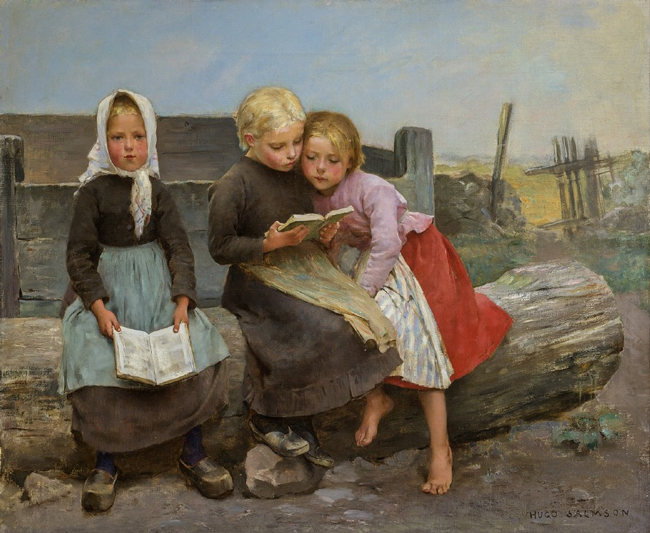
Like a number of contributors to our summer reading list, Abida Subhan, Department of Animal Science and Department of Natural Resource Sciences, has also submitted to our annual winter holiday reading list.
Subhan will tackle Hillbilly Elegy, by J.D. Vance, “too try and understand, to some extent, our neighbours to the South,” she says.
She also wants to finish Laughing All the Way to the Mosque, by Zarqa Nawaz, who also wrote for the Little Mosque on the Prairie. “I am in the process of the reading it, quite funny, I have actually laughed out loud quite frequently,” says Subhan.
Finally, she will read Born a Crime, by Trevor Noah, because she is “interested in the theme of the book.”
****
“Author Alexandria Marzano-Lesnevich recently wrote ‘[A book] will make you think. It will force you to argue with it. At times it will likely make you want to hurl it across a room; at others, it will make you exclaim in agreement. [The author’s] not here to reify your own thinking on the subject; she’s offering hers, for you to do with what you will. One thing you *can’t* do is simply dismiss it, because it will provoke strong thoughts and feelings, and unsettle you. That’s my definition of a great book: one that gets under your skin, one you can’t ignore,’” writes Kendra Gray, Internships Officer, Office of Student Academic Services for the Faculty of Agricultural and Environmental Sciences.
“In that spirit, I am looking forward to engaging with the following. The Fact of a Body: A Murder and a Memoir by Alexandria Marzano-Lesnevich; Gender Trouble, by Judith Butler); The House at Sugar Beach, by Helene Cooper; Half of a Yellow Sun, by Chimamanda Ngozi Adichie; The Foundation Pitt, by Andrei Platonov; Why I Am Not a Feminist: A Feminist Manifesto, by Jessa Crispin); and Panic in a Suitcase by Yelena Ahktiorskaya.
****
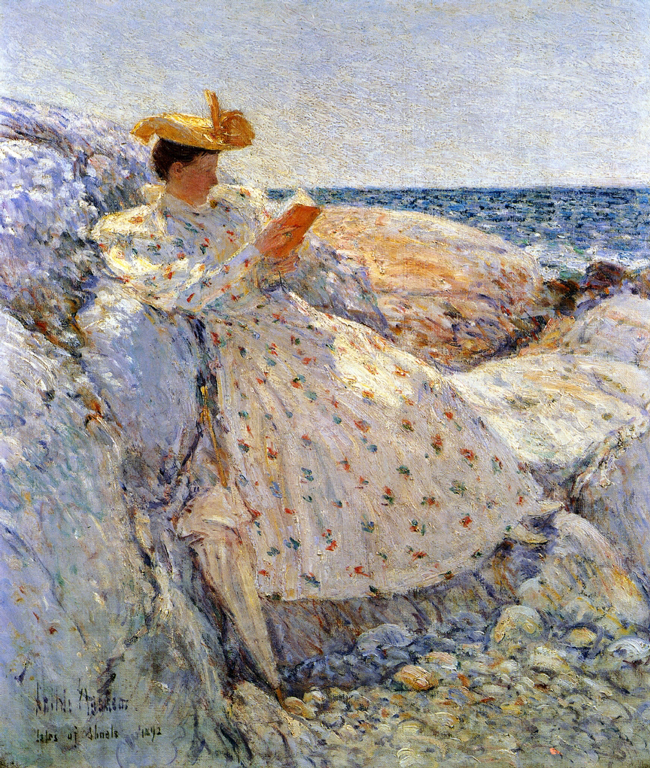
Lynn Mark begins her submission with just the right amount of flattery directed toward the curators of the reading list. “I love this McGill Reporter article, and comb through it every year for my next read!” writes University Advancement’s Senior Advisor, Leaders Alliance.
“I’ve already plowed through three of my summer reads – Still Life, by Louise Penny; Ru, by KimThuy; and The Dinner, by Herman Koch,” says Mark. “And I’m going to continue with the Louise Penny Inspector Gamache books – they’re a good pace and addictive! Then I’m heading into outer space with a recommendation from a colleague at University Advancement (Nikki Gear) with the Mars Trilogy, by Kim Stanley Robinson.”
****
Jérôme Savaria-Carrière, Business Partnerships and Operations Manager at the School of Continuing Studies, included neat, one-line synopses for each of his three entries.
Daemon, by Daniel Suarez is “a thriller about a computer program wanted to take over the world,” says Savaria-Carrière.
Never Let You Go, by Chevy Stevens is “a novel about a mother and her daughter when their abusing husband/father is released from prison 11 years after killing someone.”
Everything You Want Me to Be, by Mindy Mejia is “a psychological thriller/investigation about a small community, when a superstar-teenage student is found stabbed to death,” says Savaria-Carrière.
****
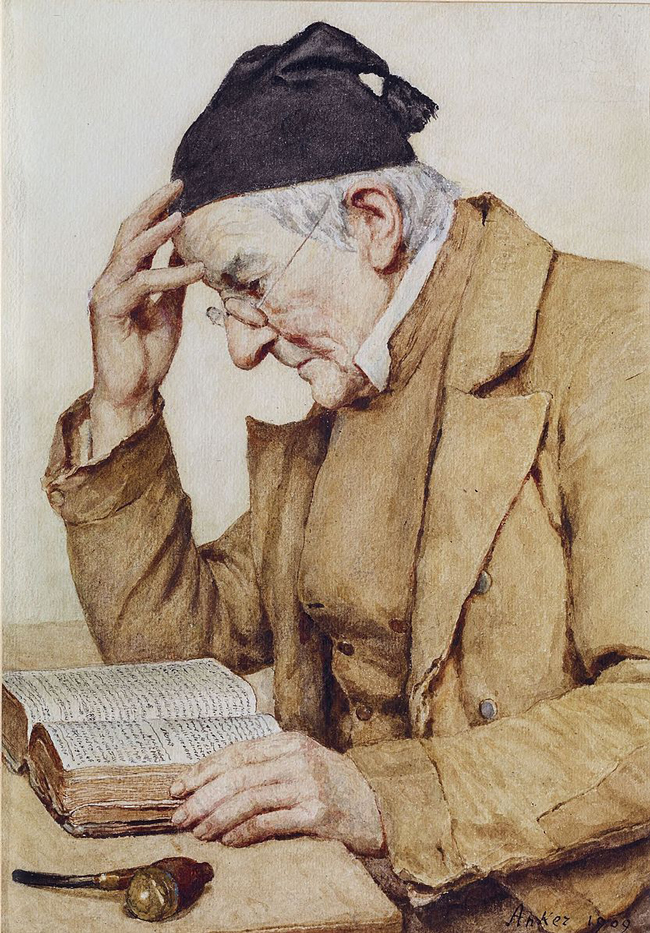
Anne Leahy, a professor at the School of Religious Studies, also has a trio of books lined up for her summer reading.
Leahy will read The Couturier of Milan, by Ian Hamilton. “The latest in the crime series featuring Ava Lee, a young Chinese Canadian forensic accountant,” writes Leahy. “It’s a great opening into contemporary Chinese business and power structures where most of the action takes place.”
Next, Leahy will tackle Chasing the Flame, by Samantha Power, “a lively account of Sergio Vieira di Mello, high-level UN diplomat who was killed in a bombing in Bagdad,” she says. “ Canadians involved in the major events of the 1990s, South-East Europe, Rwanda, Sudan, East Timor will relate to challenges described in this book.”
Finally, Leahy will read A qui la faute?, de Chrystine Brouillet. “Dans la série de l’enquêteuse Maud Graham. Pour le plaisir de lire une écrivaine de la région de Québec et qui joint les plaisirs de la table aux défis des enquêtes policières.”
****
Last word goes to U2 Psychology student Noor Almamlouk. “Two great reads for the summer are The Idiot, by Elif Batuman, and We Crossed the Bridge and it Trembled, by Wendy Pearlman,” says Almamlouk. “Another book McGillians should read is Being Mortal, by Dr Atul Gawande, who just received an honorary doctorate from McGill.
It is still not too late to add your own selections to the list. Please send your lists (and a word or two about each book) to neale.mcdevitt@mcgill.ca.
